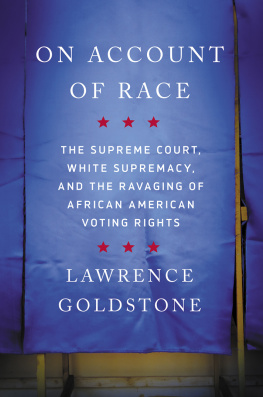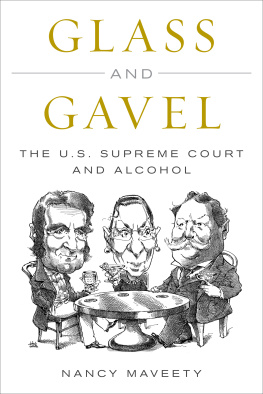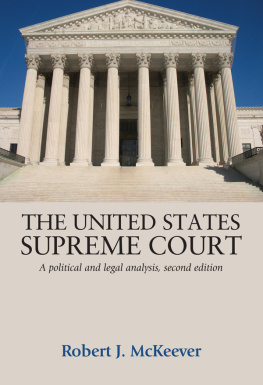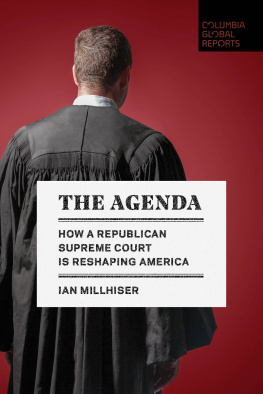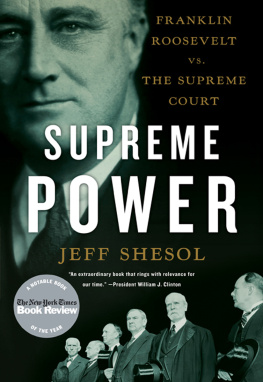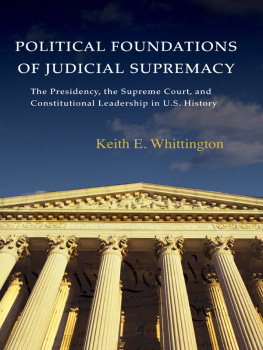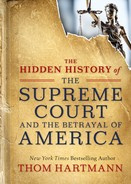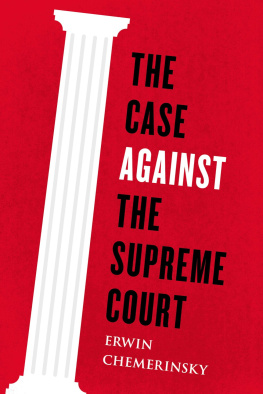Millhiser - Injustices : the Supreme Courts history of comforting the comfortable and afflicting the afflicted
Here you can read online Millhiser - Injustices : the Supreme Courts history of comforting the comfortable and afflicting the afflicted full text of the book (entire story) in english for free. Download pdf and epub, get meaning, cover and reviews about this ebook. City: United States, year: 2016, publisher: Nation Books, genre: Politics. Description of the work, (preface) as well as reviews are available. Best literature library LitArk.com created for fans of good reading and offers a wide selection of genres:
Romance novel
Science fiction
Adventure
Detective
Science
History
Home and family
Prose
Art
Politics
Computer
Non-fiction
Religion
Business
Children
Humor
Choose a favorite category and find really read worthwhile books. Enjoy immersion in the world of imagination, feel the emotions of the characters or learn something new for yourself, make an fascinating discovery.

Injustices : the Supreme Courts history of comforting the comfortable and afflicting the afflicted: summary, description and annotation
We offer to read an annotation, description, summary or preface (depends on what the author of the book "Injustices : the Supreme Courts history of comforting the comfortable and afflicting the afflicted" wrote himself). If you haven't found the necessary information about the book — write in the comments, we will try to find it.
Constitutional law expert Ian Millhiser tells the history of the Supreme Court through the eyes of everyday people who have suffered the most as a result of its judgments. The justices built a nation where children toiled in coal mines and cotton mills, where Americans could be forced into camps because of their race, and where women were sterilized at the command of states. The Court was the midwife of Jim Crow, the right hand of union busters, and the dead hand of the Confederacy. Nor is the modern Court a vast improvement, with its incursions on voting rights, its willingness to place elections for sale, and its growing skepticism towards the democratic process generally. In this book, Millhiser argues the Supreme Court does not deserve the respect it commands. To the contrary, it routinely bent the arc of American history away from justice-- Read more...
Abstract: Now with a new epilogue.Few American institutions have inflicted greater suffering on ordinary people than the Supreme Court of the United States. Since its inception, the justices of the Supreme Court have shaped a nation where children toiled in coal mines, where Americans could be forced into camps because of their race, and where a woman could be sterilized against her will by state law. The Court was the midwife of Jim Crow, the right hand of union busters, and the dead hand of the Confederacy. Nor is the modern Court a vast improvement, with its incursions on voting rights and its willingness to place elections for sale.In this powerful indictment of a venerated institution, Ian Millhiser tells the history of the Supreme Court through the eyes of the everyday people who have suffered the most from it. America ratified three constitutional amendments to provide equal rights to freed slaves, but the justices spent thirty years largely dismantling these amendments. Then they spent the next forty years rewriting them into a shield for the wealthy and the powerful. In the Warren era and the few years following it, progressive justices restored the Constitutions promises of equality, free speech, and fair justice for the accused. But, Millhiser contends, that was an historic accident. Indeed, if it werent for several unpredictable events, Brown v. Board of Education could have gone the other way.In Injustices , Millhiser argues that the Supreme Court has seized power for itself that rightfully belongs to the peoples elected representatives, and has bent the arc of American history away from justice. Read more...
Millhiser: author's other books
Who wrote Injustices : the Supreme Courts history of comforting the comfortable and afflicting the afflicted? Find out the surname, the name of the author of the book and a list of all author's works by series.

